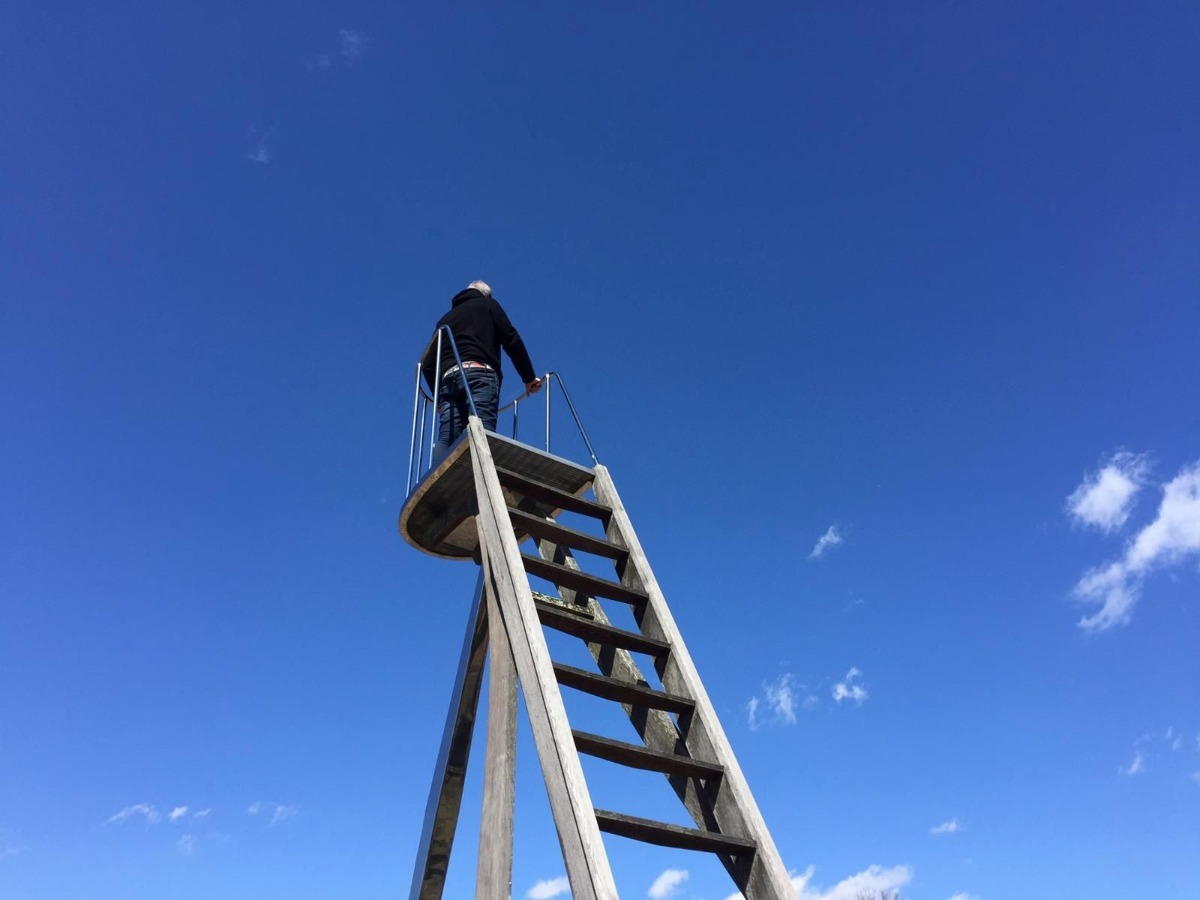
Prophecy and Transformation in a time of Coronavirus
Alan Moore
Come to the edge, he said
They said: We are afraid
Come to the edge, he said
They came
He pushed them… and they flew
(Apollinaire)
It is in the leap of the imagination, made flesh in the fully committed creative act, that we can bring new ideas and realities into this world, a new way of seeing and being. Coronavirus has brought us at great speed to a moment of transformation. It is a tragedy but one that offers an extraordinary space for us to reimagine what a better future might look like for us all.
We look to science for ways to manage the virus but we must also turn to artists to explore how we are in this universe, how we relate to the world and to each other physically, mentally and spiritually. Artists are the cultural astronauts of our time, the best of them holding the horizon line with a long view. When civilisations fall, the only thing left is art in its varied forms that we then revere in museums and libraries around the world.
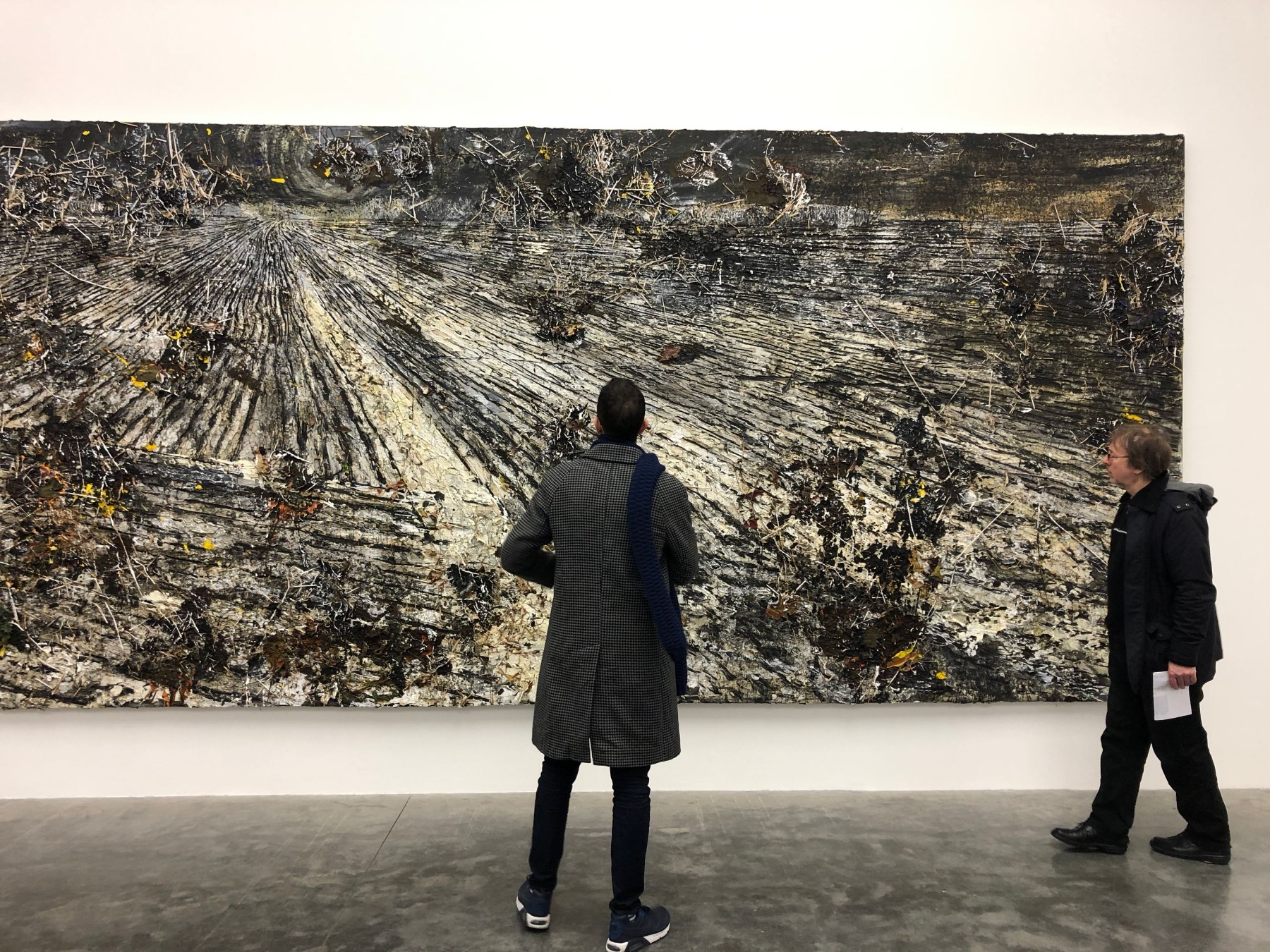
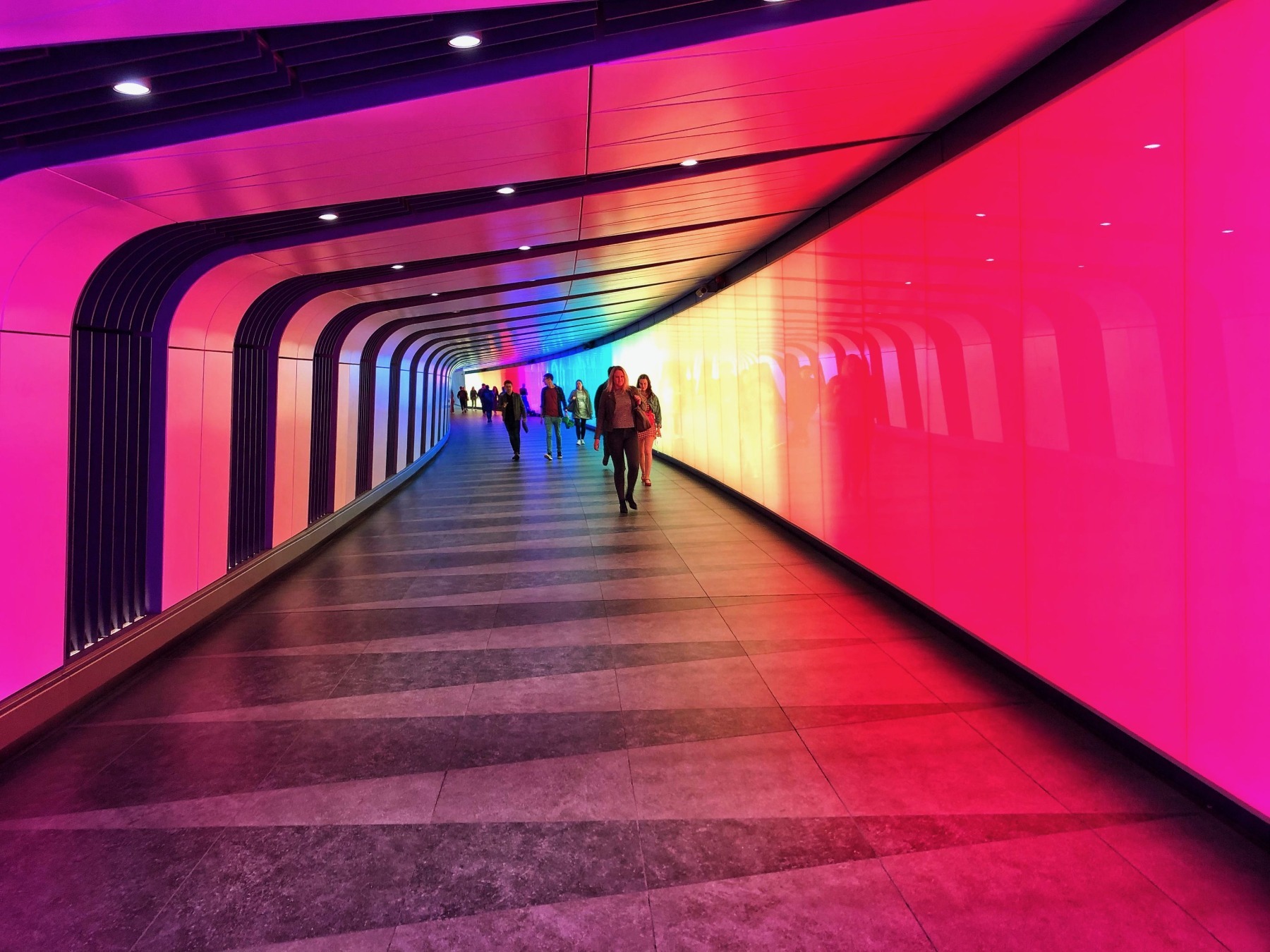
In 1987 there was a group exhibition held in London with three artists, Mark Rothko, Joseph Beuys and Yves Klein. These three represented the shifting of contemporary art to explore the greater existential questions we as a humanity face. They were prophets describing a different type of world that was more conscious in multiple ways.
Rothko sought to explore the spiritual plain and cared deeply about society. Beuys looked into our universe and the universal patterns of ideas. He was invested in the possibility of a new social order, approaching his work as a shamanic healer. Having grown up in the ashes and rubble of WW2, Beuys synergised ecology, politics, and science and drew upon a vast range of sources that informed his work. Beuys and Rothko saw themselves as explorers of a new age.
Klein explored the idea of transformation. He saw himself as a messenger of great tidings, a new man with a new art for a new world. A world in which art would be a language of pure emotion communicated directly between perceptive individuals.
When civilisations fall, the only thing left is art in its varied forms that we then revere in museums and libraries around the world.
These three were all asking the questions only we humans can ask: Why are we here? For what reason do we exist? What are the values that underpin what matters most to us? What kind of world are we trying to make? As world makers they were all saying, in their own ways, we need a different consciousness. We need to transform, but to what?
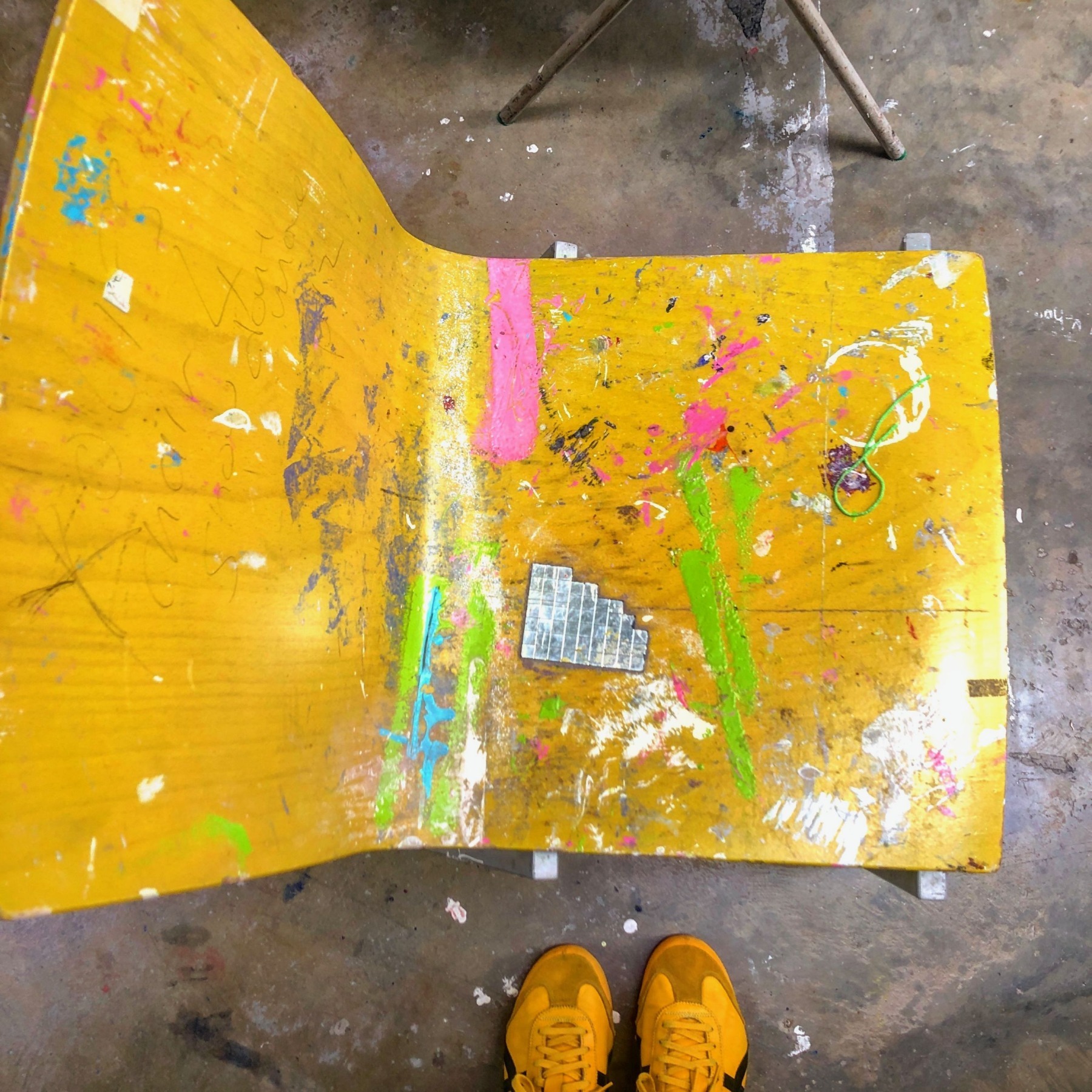
In the background, informing the work of these artists, were Rudolf Steiner and Max Heindel, both of whom believed that at some point in the third millennium man, by his own efforts and strength of powers of thought, would be able to transform himself — that we could escape the material age and enter a new evolutionary phase of vastly greater spirituality and sensibility. To me, this transformation is about bringing what the philosopher Iris Murdoch would call “the good” into this world. In her book “The Sovereignty of Good,” she writes, “the concept of good is not the name of an esoteric object but the tool of every rational man.” We certainly need every human to be rational at this very moment in time.
Collective action is the only way humanity works. Nature is calling us, because we are Nature.
The seeking of the good and the bringing of the good into the world confronts the selfishness of a neoliberal economy. The universal virtue of good and the need for a more transformative and regenerative society has been veiled for too long. We are now on the edge: one third of the world’s entire wealth is held offshore; we are beset by plague, fire, pestilence; the glaciers are retreating, calving themselves into the oceans at breakneck speed.
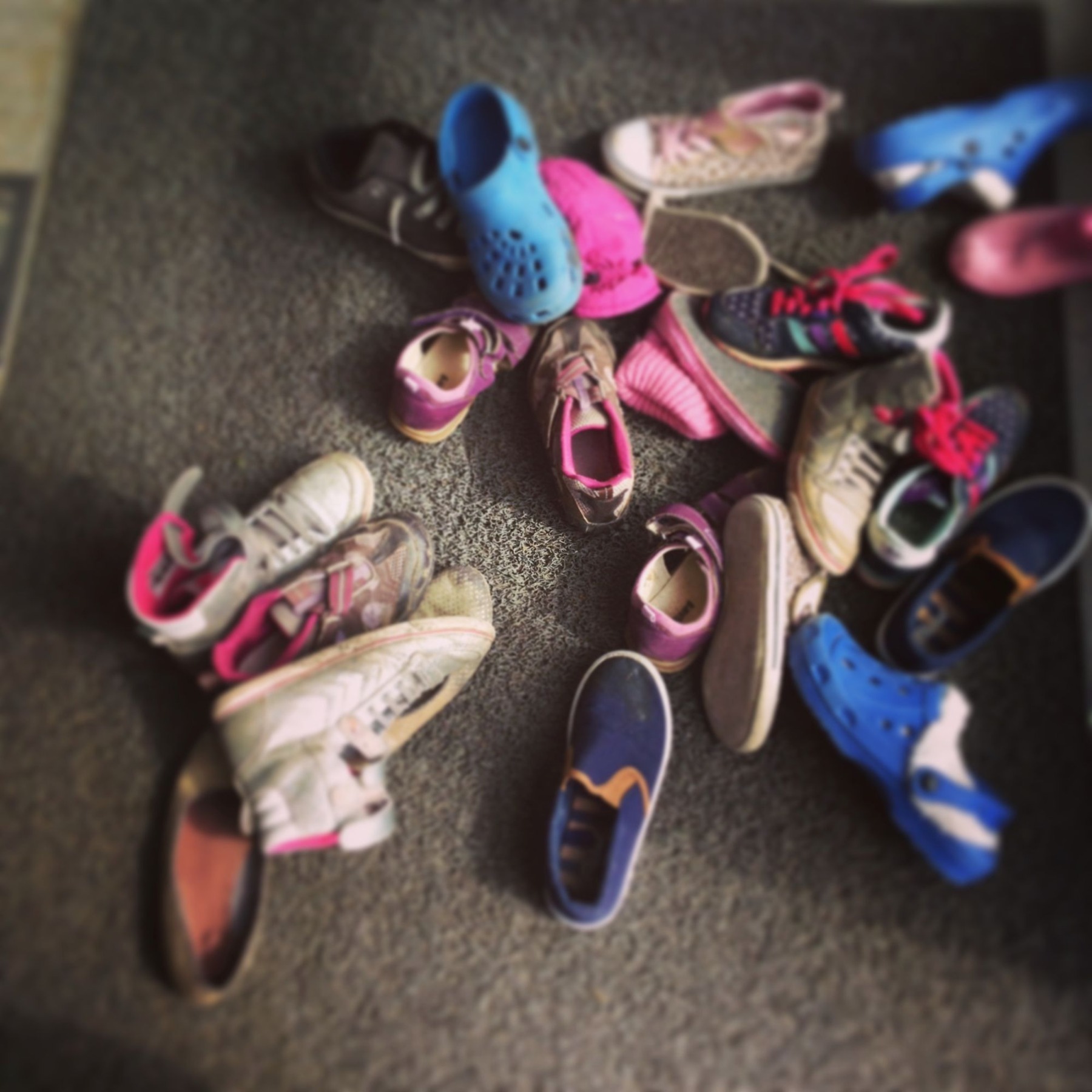
Before the virus struck there was already a shifting in the discussion of what type of world we want to live in, fuelled by a generational shift in values, knowledge, and understanding of how our world is not working as it should. Our children’s generation has got no ticket to the future. They have no automatic job. They won’t have jobs for life. They won’t have pensions. Many of them know they won’t ever be able to afford to buy a house. Yet, despite all of this, they are steeped in values. They think a lot about the environment and are deeply concerned with social responsibilities, equality, and diversity. This is a generation that reflects on what a meaningful life looks like and how to create one, that we can no longer afford the mantra of business ‘profit at all and any cost’. It is a mantra that is killing us.
What has this moment of collectively staring into the abyss shown us? That we are one species, that there is no “I” without “We,” that there is no life without community. In turn, social distancing has demonstrated the disorientating surrealism of shopping when we can’t be together even as strangers. Collective action is the only way humanity works. Nature is calling us, because we are Nature. We all have spiritual needs that have to be fed. The economy as it currently exists is failing us.
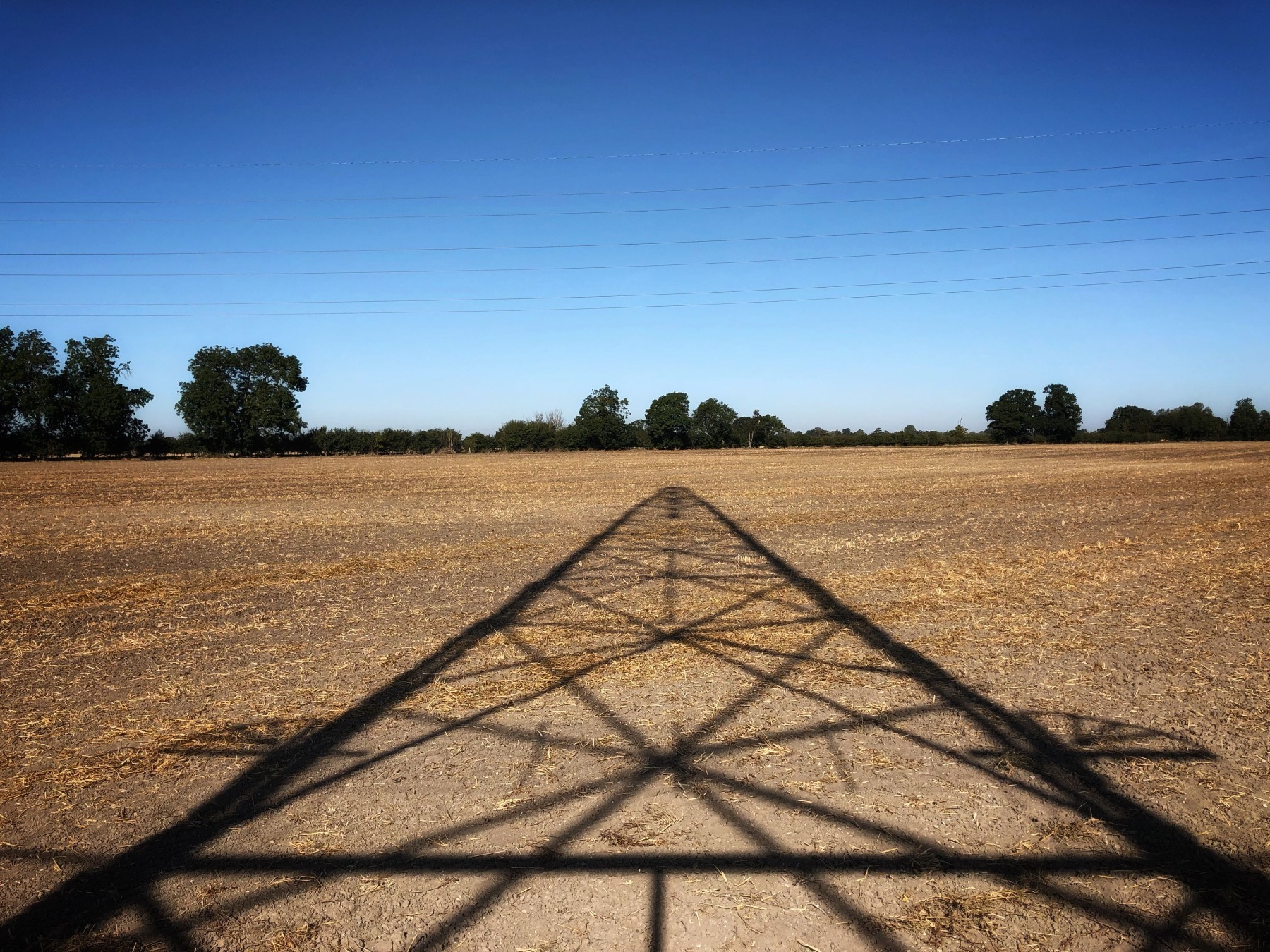
The shift overtaking us is not a new political, religious, or philosophical system. It is a new mind, a world view that is not religious, political, or even philosophical. I think it comes from the source idea of seeking the good. We have been sold the idea of individualism, but not individual responsibility, in an economy based upon material consumption. But we give up our individual responsibility at our peril. The claim for individuality over humanity’s connectedness comes with a hefty price tag; a lack of consciousness about ourselves in the world and what others will do to us to keep us in our somnambulistic torpor. The curator Jane Seymour wrote, “it is easiest to be a prisoner, to pretend, to anaesthetize oneself against taking responsibility of individual freedom”.
We have been sold the idea of individualism, but not individual responsibility, in an economy based upon material consumption.
Many artists believe when life becomes fully conscious art as we know it will vanish, and what is to come will be greater than anything we have ever known. This is something Beuys truly believed in. He also believed we all possess the capacity to make creative acts, that we all possess an inherent creative potential. It makes for a compelling proposition.
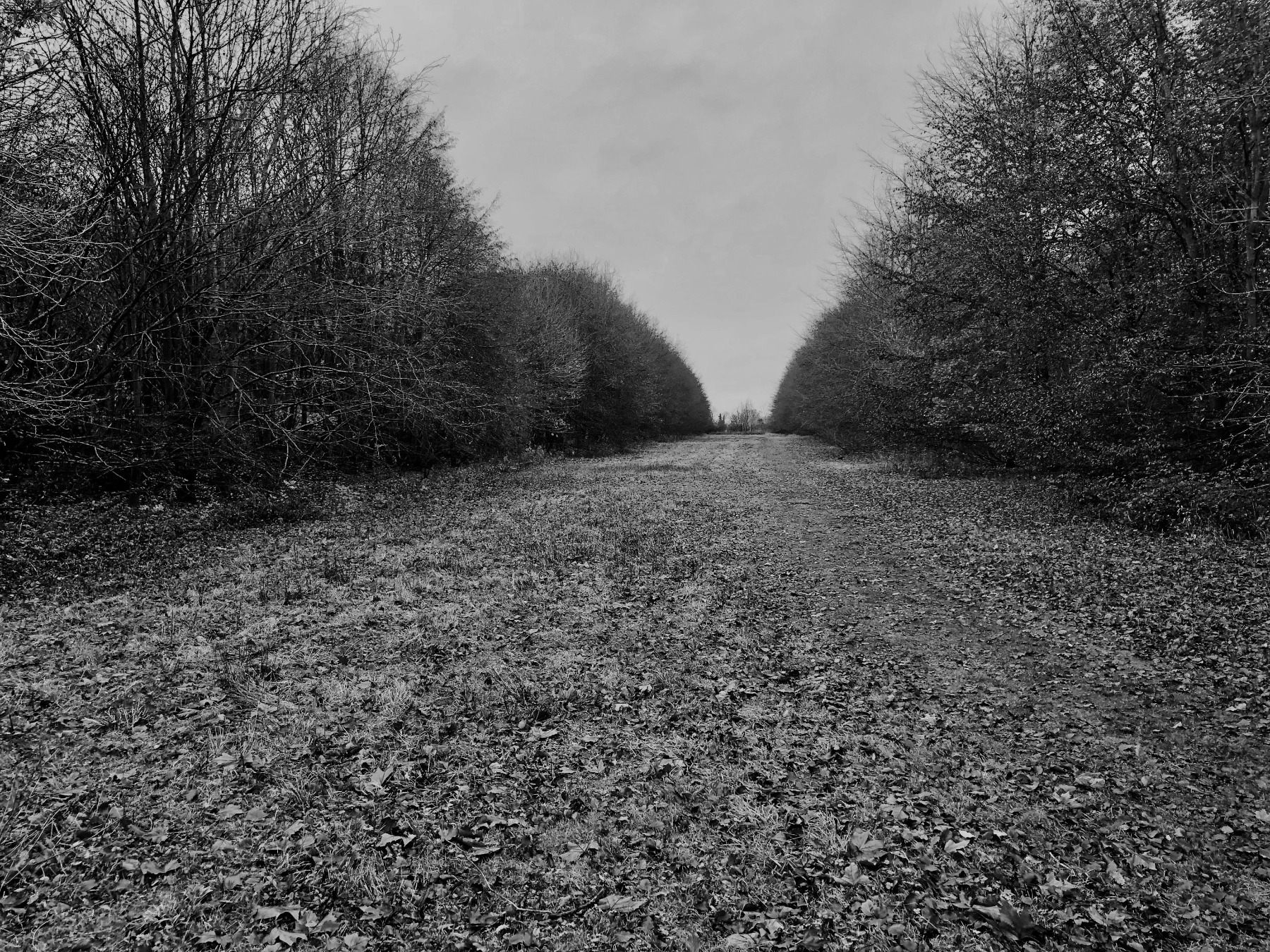
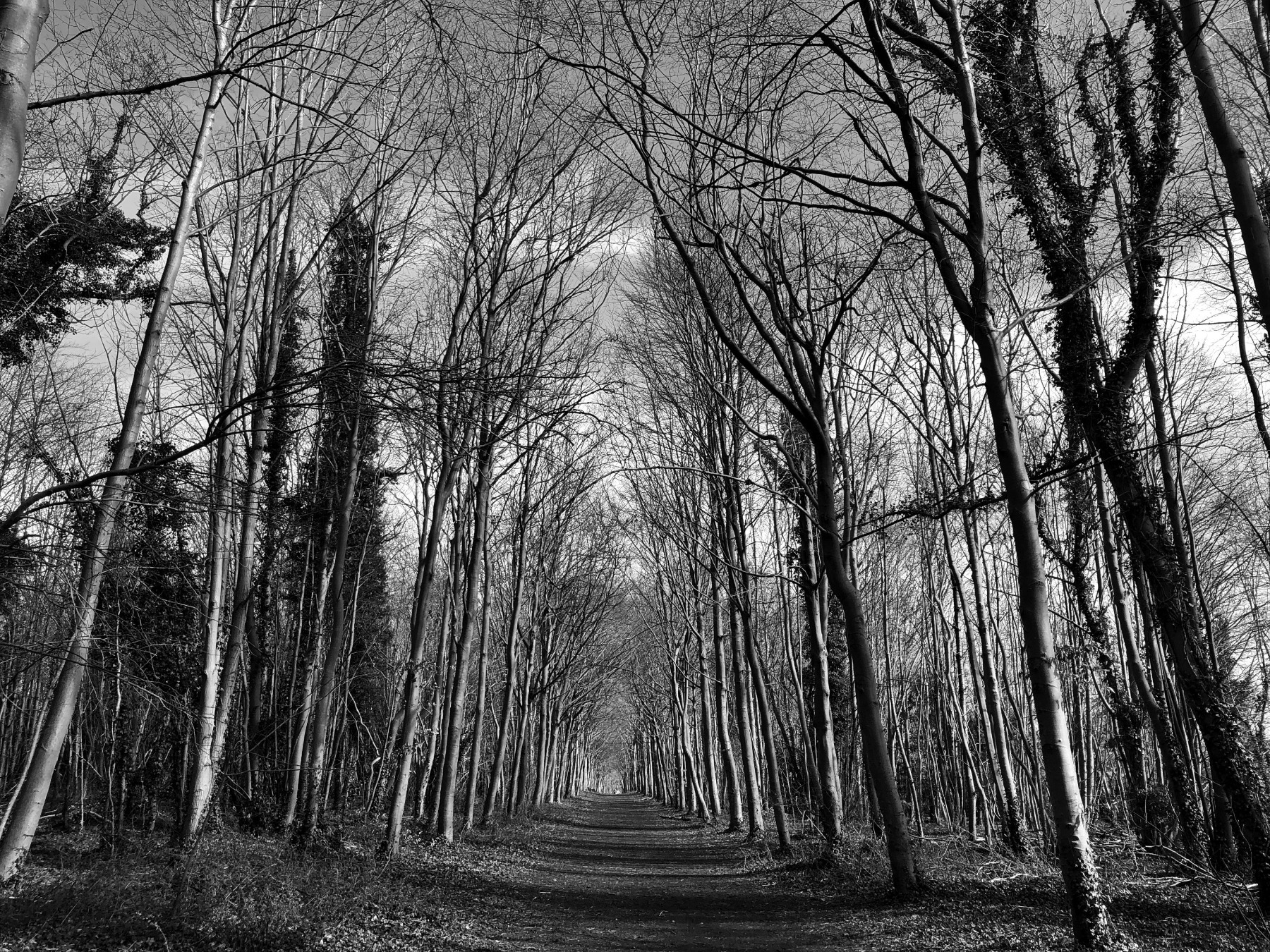
We need an artistic response to this world, one that seeks to heal and regenerate. This is the moment of opportunity to remake our world, to seek the good and manifest it in all that we create. If we are able to build a future worth living in, we must achieve equilibrium between economy, ecology and community. Once we imagine the possibility of something it has a chance of life. Our imaginations are fired by suggestion, not by direction, and it is in that leap of imaginative creativity, so compelling in its elegance, that we are able to will a new reality into existence.
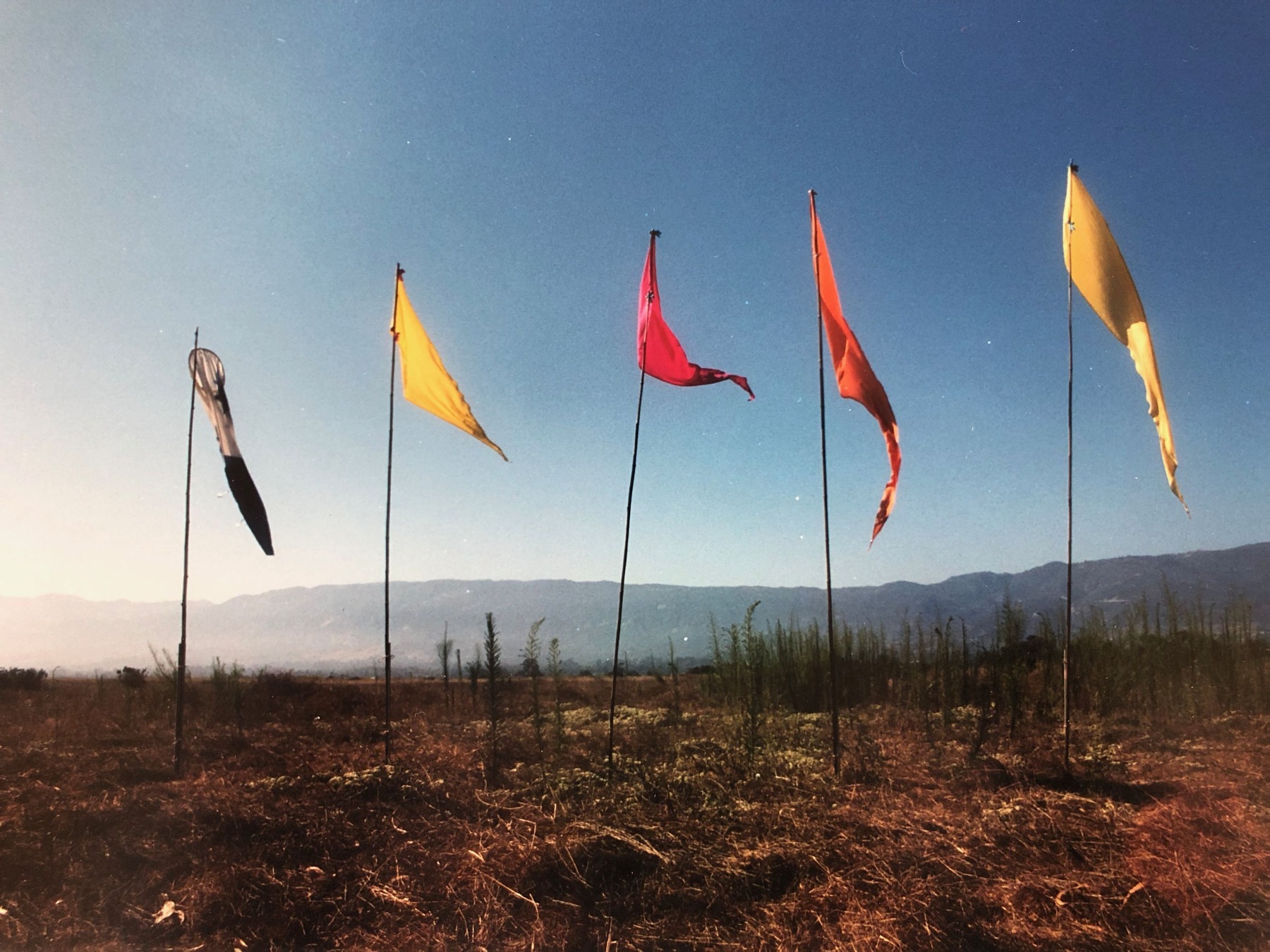
Copyright Alan Moore 2020
Photos: Alan Moore
Alan Moore is the Founder of Beautiful Business, author of Do Design. Why beauty is key to everything.